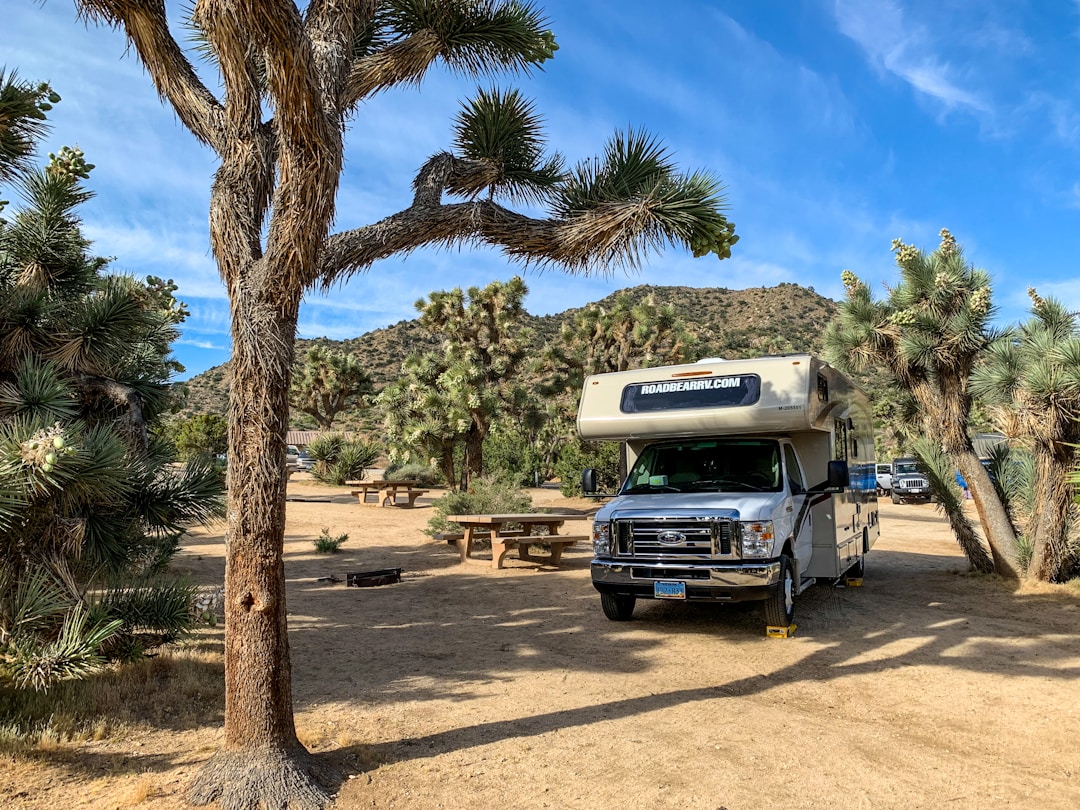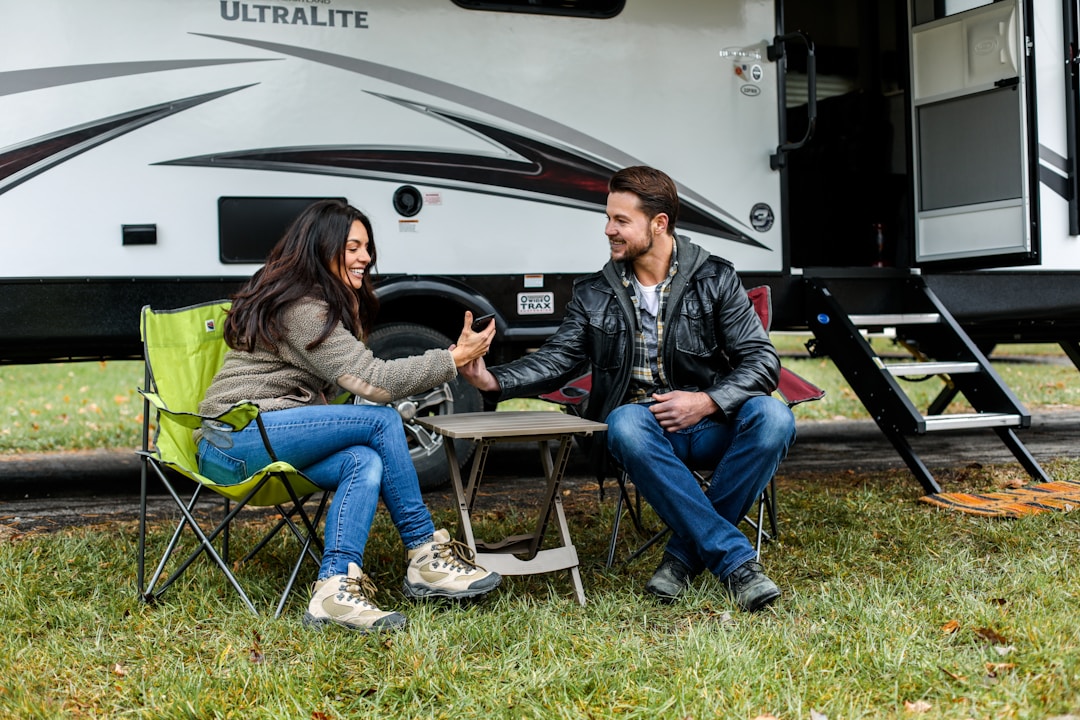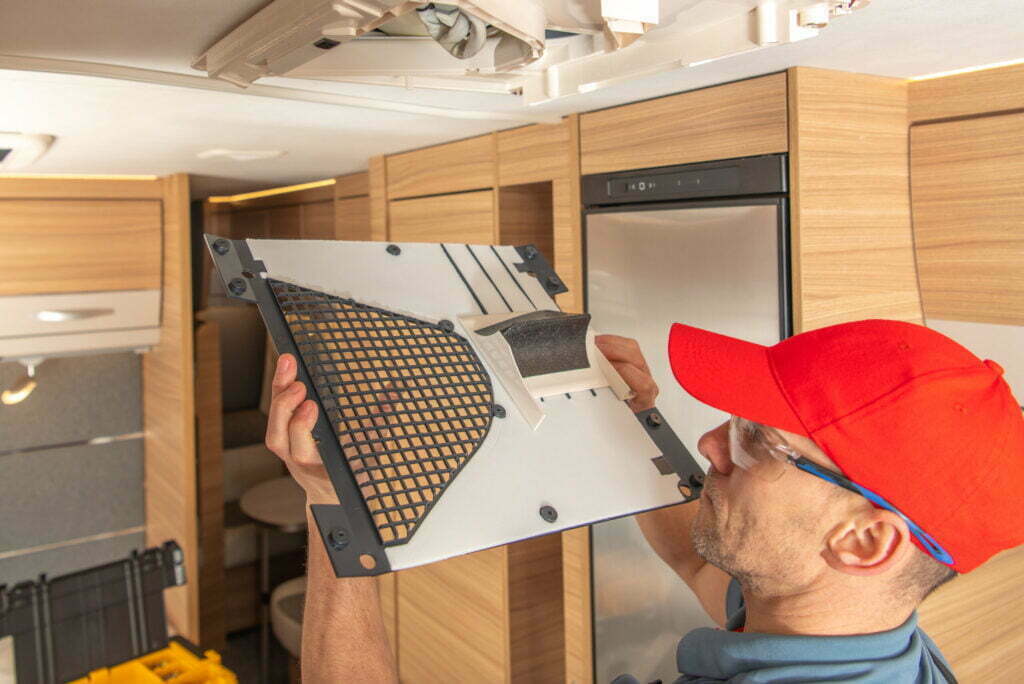Embracing nomadic life or holiday trips through RVs has become increasingly popular. An RV is more than a mode of transportation; it’s a way of life and an investment. Protecting this valuable investment, particularly from unforeseen mechanical breakdowns and malfunctions, is important for peace of mind. Just like an automobile, your RV needs a warranty. However, not all warranties are created equal, and choosing the right rv extended warranty can be a daunting task. This guide aims to help you understand more about RV extended warranties, how they work, crucial factors to consider, and how to choose the right one for your needs. Keep reading to learn more.
Understanding the Basics of RV Extended Warranty

RVs are complex machines combining the aspects of a home and a vehicle. Owing to their complexity, there’s a high likelihood of a mechanical breakdown at some point. An RV extended warranty serves to cover the cost of repairs or replacement should mechanical breakdowns occur after the manufacturer’s warranty has expired. It is a service contract between the RV owner and the warranty company.
Different warranty providers offer various coverage levels. Some policies only encompass critical components like the engine, transmission, and drive axle, while others offer comprehensive protection covering other parts, including the RV’s HVAC, electrical system, kitchen appliances, and even plumbing. In exchange for this coverage, RV owners pay a premium that varies based on factors such as the age and type of RV and the extent of coverage chosen.
Be aware that an extended warranty for an RV is not an insurance policy. While insurance typically covers risk-related incidents such as accidents, theft, or natural disasters, a warranty is in place to handle repairs and replacement of parts that malfunction or break from normal use. It’s important to maintain current, effective insurance coverage alongside your warranty plan.
Benefits of Getting an RV Extended Warranty

When you purchase an extended warranty, it provides financial protection against unexpected repairs. As much as we may try to avoid it, breakdowns and mechanical failures can happen. And when they do, the costs of RV repairs can be astronomical. With an extended warranty, you can rest easy knowing that major components will be covered, saving you from substantial out-of-pocket expenses. This not only gives you peace of mind but also allows you to stick to your budget and continue enjoying your travels.
Another key benefit of an extended warranty for your RV is access to reliable and experienced technicians. When you need a repair, one of the most challenging tasks can be finding a reputable service provider. With an extended warranty, you typically have access to a network of qualified repair facilities and technicians who specialize in RVs. This ensures that your RV will be in good hands and repaired to the highest standards without any hassle or uncertainty.
An extended warranty can also enhance the resale value of your RV. When it comes time to sell or trade-in your vehicle, having a warranty in place can give potential buyers confidence in their purchase. It shows that you have taken good care of your RV and have invested in its long-term reliability. This can result in a higher resale value and make the process of selling your RV easier and more lucrative.
Warranties also often come with additional benefits that enhance the overall RV ownership experience. These could include elements like roadside assistance, trip interruption coverage, and technical support. These extra benefits can save you money and provide invaluable support when you need it most.
Factors to Consider When Purchasing an Extended Warranty
Several important factors need to be addressed when purchasing an RV warranty. Firstly, consider the reputation and stability of the warranty provider. Ensure they have a positive track record and will be around to pay out should you need to make a claim. You can look for customer reviews and check out business ratings with the Better Business Bureau to get an idea of how different providers operate.
Secondly, get well-acquainted with what the warranty covers. Look for exclusions, deductibles, and whether it requires prior authorization for repairs. In relation to this, also check if the policy adjusts coverage based on the age or mileage of your RV and if it covers consequential damage.
Lastly, consider the cost compared to your financial situation and risk tolerance. If you cannot afford major out-of-pocket repairs, or if peace of mind is of high value to you, an extended warranty could be well worth the cost.
Purchasing from a Dealership Vs. Independent Provider
In many cases, you have the option to purchase your extended warranty from a dealership or an independent provider. Both options have their pros and cons. Dealerships usually offer convenience because you can roll the warranty into your RV financing. However, their plans tend to be more restrictive and costly and often have shorter repair networks.
When you purchase a warranty from a third-party provider, such as America’s RV Warranty, you have more options for comprehensive coverage with the flexibility to tailor your coverage to your specific needs. They also tend to have larger repair networks, letting you choose a repair facility that you trust. Additionally, third-party providers have extensive experience with RV warranties and can help with numerous situations.
Getting the Most from Your RV Warranty

Once you purchase your extended warranty, it’s essential to understand how to get the most from it. First, be sure to perform the recommended maintenance on your RV. Neglecting this could lead to denied claims. Keep detailed records of all maintenance and repairs undertaken to make any future claims process smoother.
Also, know your contract terms. Understand what is covered and what is not. Know the procedure for making claims, especially if you’re on the road. Some plans require pre-authorization, while others have deductibles. Lastly, use the benefits. If your warranty comes with extras like roadside assistance, use them when needed. They can save you a lot of money and trouble in the long run.
Ultimately, purchasing a warranty and the value you get from it depends on various personal factors, such as your monthly budget and financial situation, risk tolerance, and how well you can handle unexpected out-of-pocket repair costs. The main points are understanding what an RV extended warranty is, its benefits, factors to consider when purchasing one, and how to get the most from your warranty. Anyone considering the RV lifestyle should weigh these points carefully.
A reliable RV warranty is a financial safeguard against expensive, out-of-pocket repairs that could hinder your journey. When you hit the road, you want to enjoy the freedom, adventure, and peace of mind that comes from knowing you’re covered. Costs, limitations, and restrictions are part of the consideration process, but ultimately, being able to travel with peace of mind is priceless.
If you’re getting ready to embark on an RV adventure, taking the time to research and choose the right extended warranty can save you a lot of worry and money down the road. Besides, it ensures your gateway to adventure stays open, irrespective of the bumps you may encounter along the way. Your RV is a valuable investment, and you’ll want to be sure to protect it with a good extended warranty policy.








